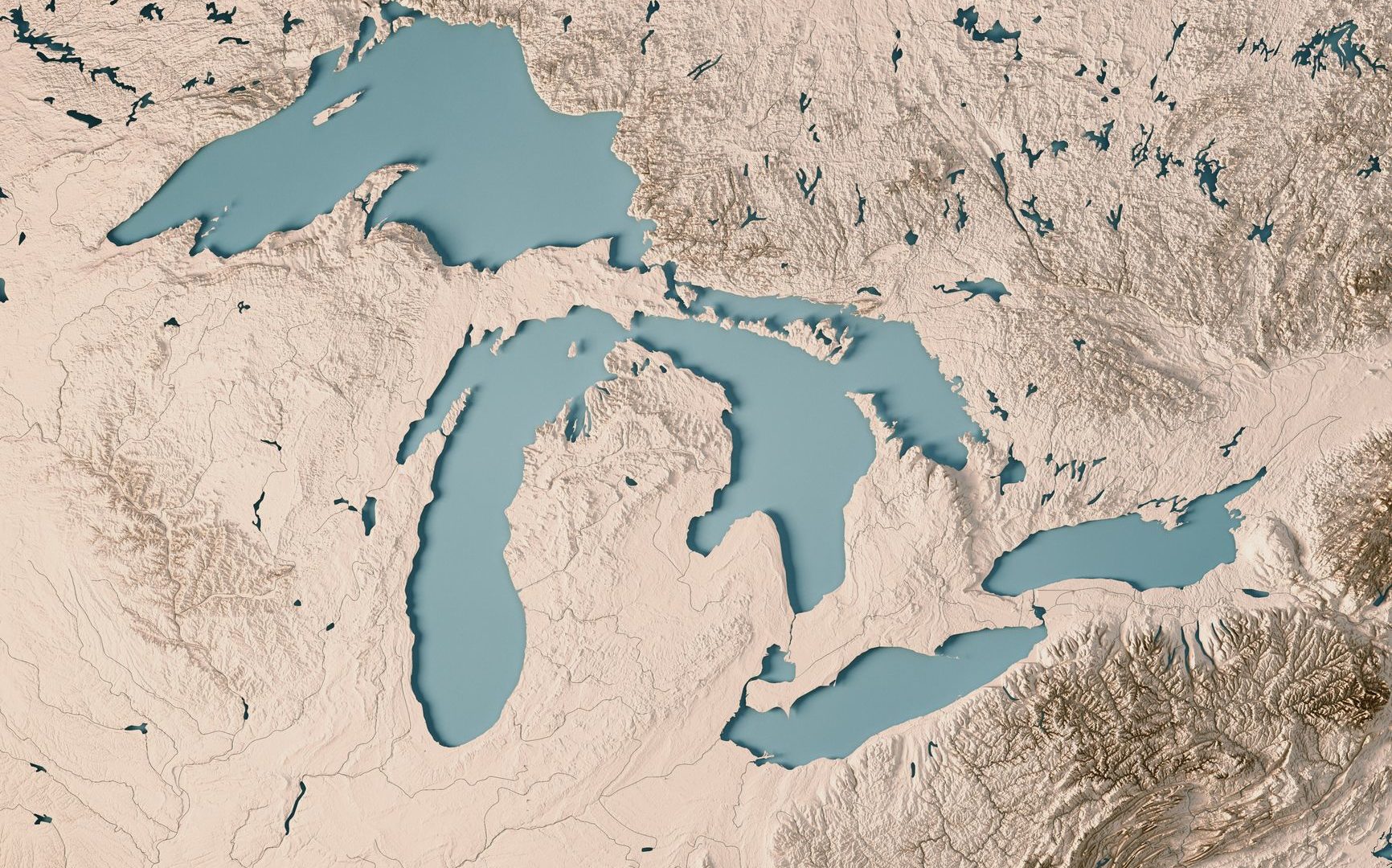Jeff Yurek—Ontario’s minister of the environment, conservation and parks—issued the following statement following a virtual meeting of the Great Lakes Guardians’ Council. The meeting was co-chaired by Glen Hare, Grand Council Chief of the Anishinabek Nation.
“The sixth meeting of the Great Lakes Guardians’ Council was an opportunity for Grand Council Chief Glen Hare and I to hear from leaders and experts from across Ontario, including First Nations and Métis communities, environmental organizations, and the science community, on ways to safeguard the world’s largest freshwater lake system.
99 per cent of Ontarians live in the Great Lakes basin, so it is vital that we focus our collective efforts on protecting these valuable water resources by reducing plastic pollution, improving water quality and supporting healthy shorelines.
It was especially fitting that the Council met today, which is both Earth Day and Great Lakes Day. Protecting and restoring the Great Lakes is a key commitment in the government’s Made-in-Ontario Environment Plan.
Each year, Ontario invests approximately $14 million in protection and restoration projects such as the Great Lakes Local Action Fund and the Great Lakes Plastic Cleanup. The province is also partnering with the federal government to finalize the Canada-Ontario Agreement on Great Lakes Water Quality and Ecosystem Health.
In response to the COVID-19 pandemic, we are also investing $12 million in a new initiative to detect the COVID virus in wastewater, which will enhance the ability of local public health units to identify, monitor and manage potential outbreaks.
I’d like to thank everyone who participated in the sixth meeting of the Great Lakes Guardians’ Council, especially co-chair Grand Council Chief Hare and Great Lakes partners Anishinabek Nation Chief Water Commissioner Autumn Peltier, Ontario Regional Chief RoseAnne Archibald of Chiefs of Ontario, as well as representatives from Ducks Unlimited Canada, Federation of Ontario Cottagers, Pollution Probe, the Council of Great Lakes Region and Swim Drink Fish.
It is through collaborations like this Council that we can share ideas and build partnerships that make it possible to continue making important progress on our commitments to ensure that the Great Lakes can be enjoyed today and for generations to come.”
“Much like Mother Earth, the Great Lakes face many issues that include pollution and invasive species, demonstrating why a dedicated day is an added necessity to raise awareness and encourage all inhabitants of this land to take care of them in order to bring healing to Mother Earth,” added Chief Glen Hare of Anishinabek Nation. “We need to protect our water bodies from anything that can harm them, and that includes toxic pollution such as nuclear waste.”









